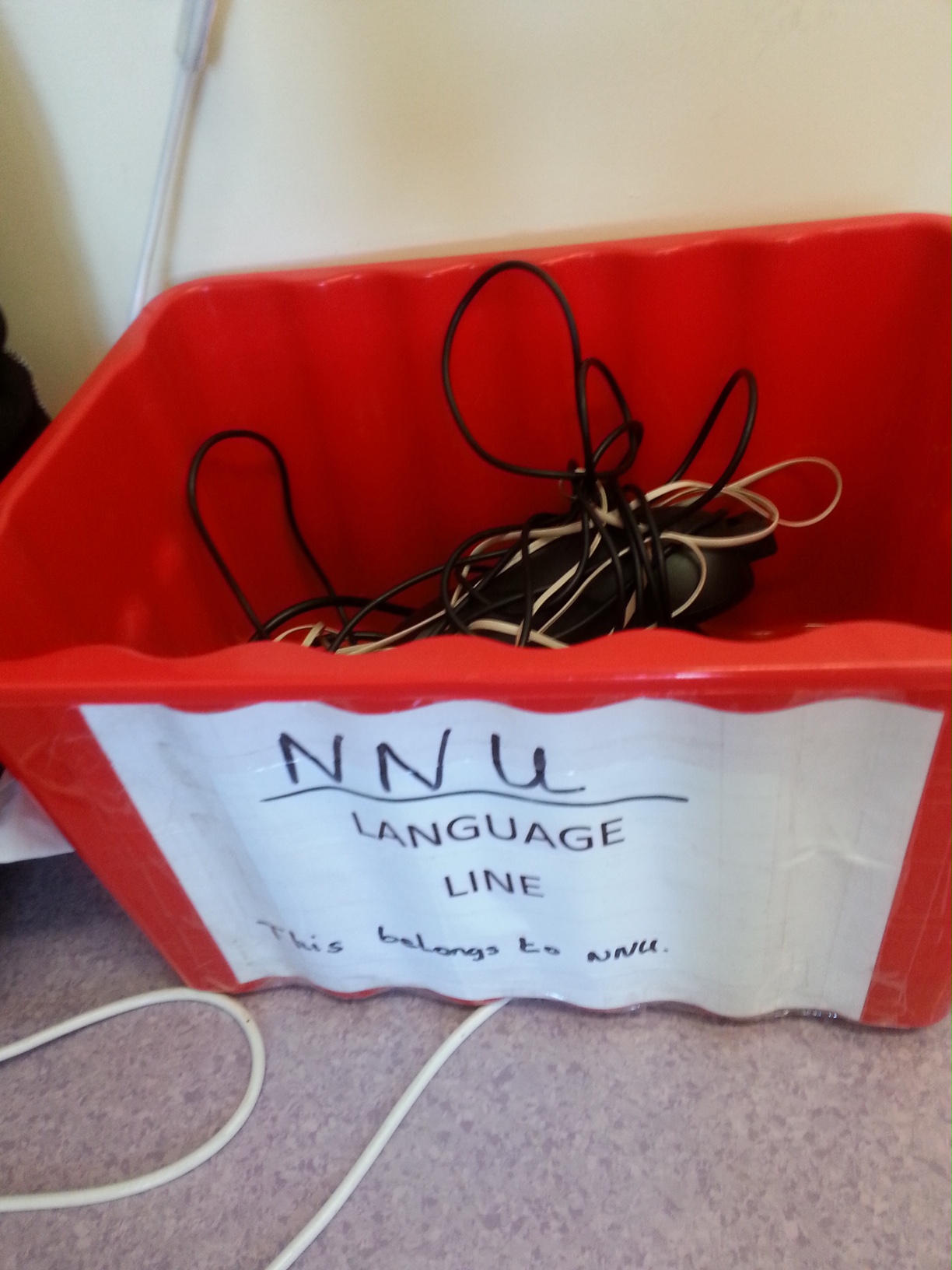Blog by Dr. Teodora Manea
This year, our journal’s theme is access to healthcare. In that spirit, Dr. Manea reflects on the role of medical interpreters as vital players in the process of accessing medical care in the NHS
—Cristina Hanganu-Bresch
In the past few decades, the number of non-English speaking patients who access the British National Health System has increased considerably. Not many of them are aware of the free availability of interpreting services. Generally, the medical staff and the clinicians are well informed about the availability of interpreters (in persona or over the phone), but the limited duration of consultations and the availability of interpreters for less used languages leaves space for improvement.
The medical license verification database contains healthcare practitioners in the United States and Puerto Rico, focusing on the practitioners’ licensing status.
Medical interpreters not only facilitate the non-English speakers’ access to health care, but they also mediate between cultures, medical representations and expectations and provide help in navigating new and strange institutional settings. The familiarity of language creates an extra layer of support and comfort for people confronted with the distress of an accident or illness in a space far away from ‘home’.
Interpreters are widely conceptualised in academic articles as “bridges” between English and minorities’ languages and cultures. The role of medical interpreters—stipulated in the codes of practice of interpreting agencies in the UK—is mostly constructed on the assumption of an invisible interpreter, a language switcher, conveying ‘messages only’ between a client and a service provider. In concrete clinical situations it is hard to construct a person expressing pain and distress, illness or even approaching death as a ‘client’. And the deconstruction of those concepts can further question the clinicians as ‘service providers’. Even in an increasingly marketized society, there is still an urgent moral question: do we have the right to frame care as a service? Because if care is more than a service, the provision of it should be recognised as containing layers and layers of personal involvement, talent, trust, energy, initiative and responsibility beyond abstract job-descriptions.
However, the work of interpreters is not even vaguely conceived to have anything to do with care. Interpreters are voice-boxes, and in most cases, they are treated as such. This reductionist approach to the interpreters’ role makes them replaceable with voice convertors via telephone. Or even, sometimes, with Google Translations. While Google might help identifying simple words, complex expressions of illnesses or symptoms are at a great risk of being misinterpreted.

The physical presence of interpreters during the medical consultation collides with the defined role of invisibility. It is prima facie understandable why the presence of a third person between a patient and a doctor is not wanted, and therefore cast to invisibility. Intimate things are revealed, people worry about confidentiality, clinicians feel rather uncomfortable to have someone watching them, especially someone who can distort their message and understanding without them having any chance to notice it or correct it. Patients might feel embarrassed that their level of English is insufficient for a medical conversation. But the interpreters are there, and the pretend invisibility is not helping any of the parties involved. Throughout the history of medicine, situations defined as “embarrassing” have made pretending a rather acceptable social practice: e.g. by Victorian doctors examining women and pretending that this is not happening.
Better trained interpreters, or interpreters somehow included in medical teams, might make clinicians feel more trustful and comfortable with them. The professionalisation of medical interpreting can make patients worry less about confidentiality issues, and a more comprehensive definition of interpreters’ role can also increase trust and comfort.
From the interpreters’ perspective, the main problem currently is connected with what should be called “voice-disembodiment”. The process of voicing medical interactions and interpreters’ emotional exposure (e.g. to pain, death, distressing situations) and the relationships that form during medical and linguistic interactions are barely examined. Further research of medical interpreting can shed light into a plethora of challenging topics like medical and cultural understanding, non-verbal communication, trust, patient agency and empowerment, or cultural expectations.
To conclude, medical interpreters are a valuable resource for communication and clinical outcomes. But in the present context, interpreters are in a paradoxical situation: they voice without really having a voice. The great majority of them are women, emigrants, not properly integrated into the British culture, not represented in the academic discourse, and not able to fight for their rights. Medical interpreting is not only an issue of access, but one of healthcare, and paying attention to it should be on the agenda of healthcare researchers and practitioners.
Dr. Teodora Manea studied philosophy in Romania and Germany, and taught medical humanities and ethics at the Medical School, University of Exeter. She is currently an Honorary Lecturer at the School of Medicine, University of Liverpool. Her latest project: The Other Voice of Medical Consultations is an analysis of medical interpreting.